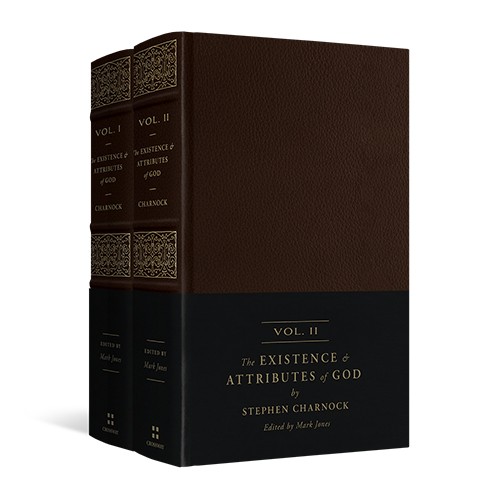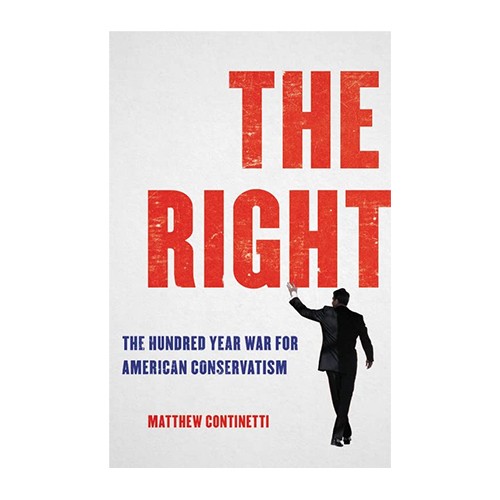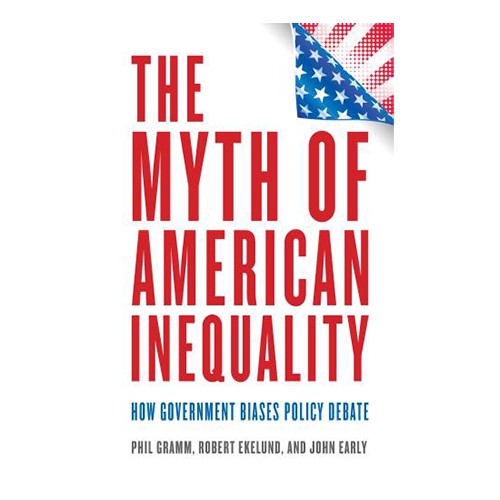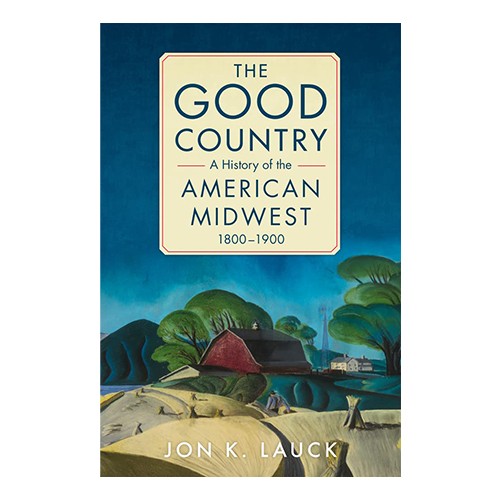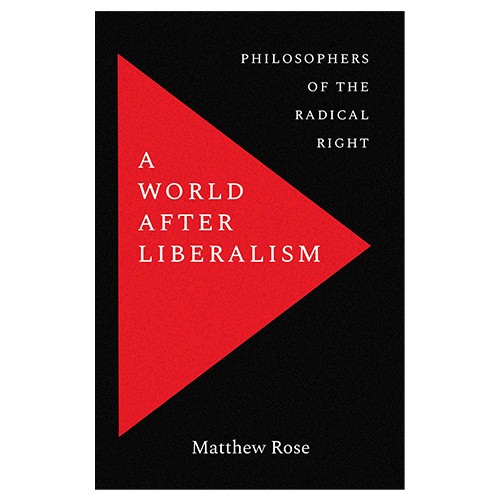Top 10 Books of 2022
December 15, 2022
First off, my usual disclaimer and explanation.
This list is not meant to assess the thousands of good books published in the past year. This is simply a list of the books—Christian and non-Christian, but all non-fiction—that I thought were the best in the past year. “Best” doesn’t mean I agreed with everything in them; it means I found these books—all published in 2022 or in the second half of 2021 (to give myself some breathing room)—a strong combination of thoughtful, useful, interesting, helpful, insightful, and challenging.
Instead of trying to rank the books 1-10 (always a somewhat arbitrary task), I’ll simply list them in alphabetical order by the author’s last name.
Chesterton isn’t everyone’s cup of tea, but if you like his style (like I do), you’ll love this book. I don’t agree with Chesterton on every point in this book, but given the state of the family today, listening to someone from a century ago is a breath of fresh air. Ahlquist has done a nice job pulling together Chesterton’s writings on the family across many decades and many venues.
I haven’t heard many people talk about this book, but they should be. Carr and RHB have produced a beautiful, user-friendly, informative survey of church history. It works well as a coffee table book and as a simple survey that can serve families and students. Once you pick up the book, you won’t want to put it down.
Crossway and Mark Jones are to be congratulated for producing such a handsome, sturdy, attractive reprint of a true classic. Charnock’s Existence and Attributes repays careful reading, and this new two-volume set makes that reading more enjoyable and more possible.
If you are interested in the history of American Conservatism, this will be a page-turner. One need not agree with Continetti’s framing of every issue to appreciate his skill in telling a fascinating and important story.
What is feminism? This book provides one of the best insider’s account of the feminist movement. Favale is a gifted writer who moves seamlessly between personal biography and intellectual exploration. Favale is a Catholic, so I differ with her on some of her biblical reflections, but the discerning reader still has a lot to learn from this insightful book.
This is a wonky book filled with economic and statistical jargon. And yet, the overarching thesis is fairly simple: the government exaggerates the degree of inequality by failing to take into account wealth transfers, entitlement programs, and levels of taxation. The authors present a compelling case that the howls of American inequality are largely inaccurate.
No doubt, this book will be more interesting if you are (or have been) a Midwesterner. But even if you aren’t, you will benefit from Lauck’s research, writing, evaluation, and synthesis. Lauck argues convincingly that the Midwest has a unique regional identity and that during the 19th century it was likely the most democratic place on the planet.
The blurb on the front cover says, “A wonderful book”—and that’s exactly what this is. Orme’s volume is a joy to read and, with a number of attractive photos and illustrations, a joy to look at. The genius of the book is that it simply tells you what church was like—the buildings, the services, the staffing, the congregations, and the rhythms of daily life.
With access to recently declassified KGB documents, Plokhy provides a new account of a well-known historical event. With over 350 pages of narrative, it’s not a short book, but Plokhy tells the story well—with new insights and with verve.
By looking at five “prophets” on the radical right, Rose has pulled together a number of themes that make sense of our current illiberal moment. This is a short book, well written, and contains a final chapter presenting a Christian alternative. Eye-opening, sometimes terrifying, and a must-read.
*****


